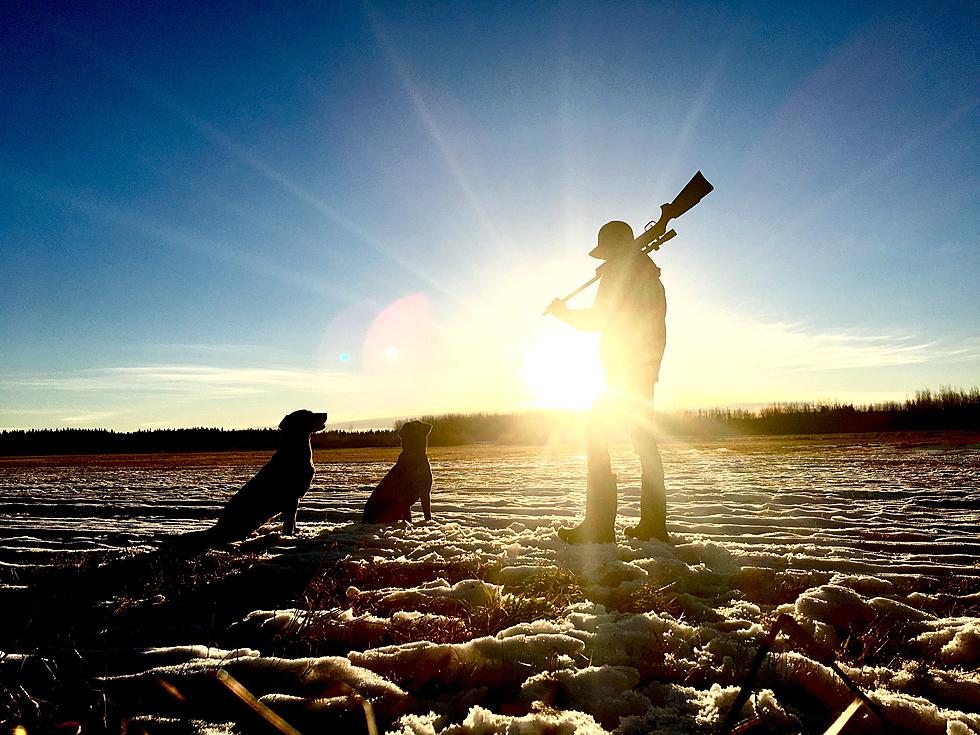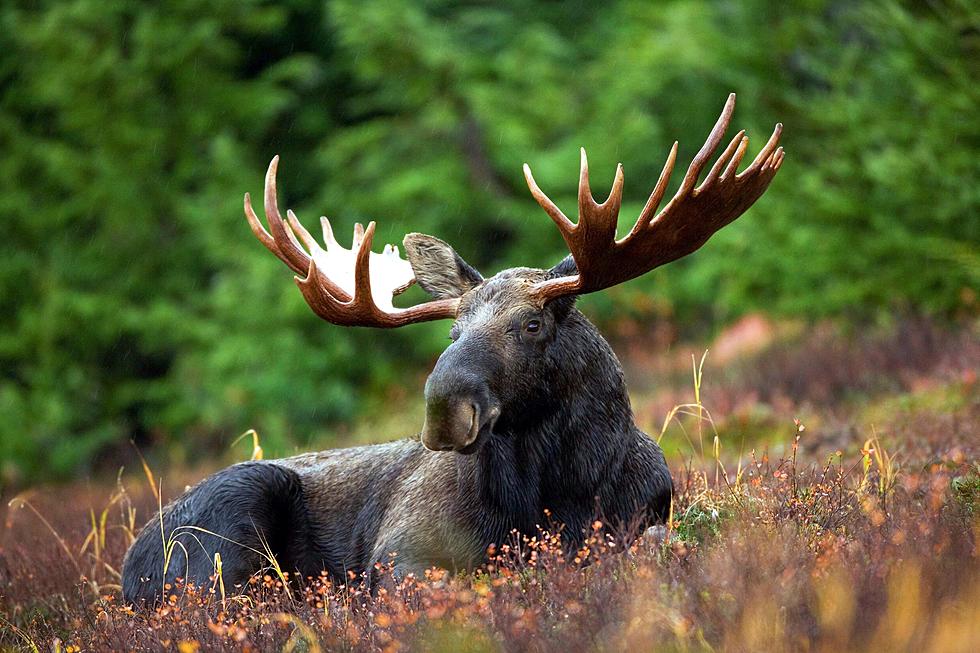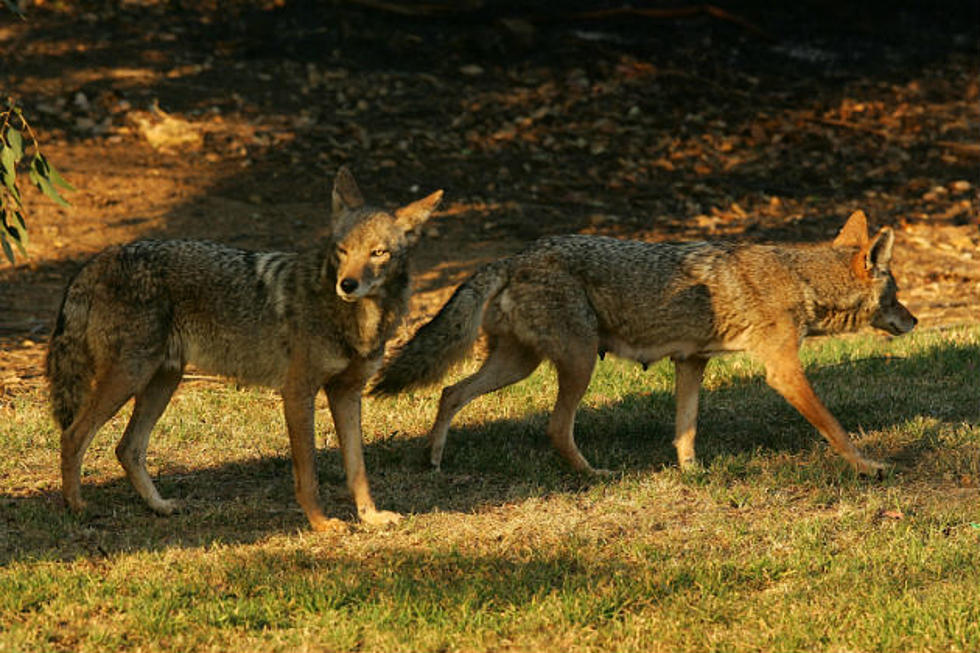
Proposed Law Would Require a Permit to Hunt with Dogs in Maine
A new bill being proposed would require hunters to obtain a permit to train or hunt with dogs in Maine.
More changes to hunting laws in Maine could be coming. LD 1951 "An Act Related to Hunting Dogs and Civil Trespass" proposes that hunters will need to obtain a permit to train dogs and to hunt with dogs in Maine. The law focuses specifically on hunting dogs for bears, coyotes, bobcats, foxes, and raccoons. Maine currently does not have a permitting system for training and hunting with dogs.
A permit would not be necessary if a hunter is training or hunting with a registered Maine guide. In addition, dogs would be required to be outfitted with a functioning GPS tracker, and a collar with the name, telephone number, and address of the owner of the dog.
The law does not impact upland bird or waterfowl hunters who utilize dogs while hunting. The exemption was made because upland bird and waterfowl dogs tend to stay in close proximity to their handler while actively hunting.
Below is the verbatim summary of LD 1951:
- 1. It requires a person to obtain a permit to train a hunting dog on bear, fox or raccoon or hunt bear, coyote, bobcat, fox or raccoon with a dog. It exempts from the permit requirement that a person with a junior hunting license and persons hunting or training with a guide. It provides for penalties for failure to have a permit and provides that permit fees are deposited into the Landowner Relations Fund.
- 2. It requires a person training a dog in pursuit of a bear, fox or raccoon to have a collar on the dog with a functioning global positioning system tracker and a collar that legibly provides the name, telephone number and address of the owner of that dog.
- 3. It requires a person hunting with a dog in pursuit of a bear, coyote, bobcat, fox or raccoon to have a collar on the dog that has a functioning global positioning system tracker and adds foxes and raccoons to the list of wild animals a person may not hunt with a dog unless the dog has a collar that legibly provides the name, telephone number and address of the owner of the dog.
- 4. It limits hunting foxes or raccoons with dogs to not more than 6 dogs.
- 5. It prohibits certain types of trespass by a hunting dog. A person may not turn a hunting dog loose in pursuit of a bear, coyote, bobcat, fox or raccoon:
- A. Onto the property of another if the property is posted or if the landowner has notified the dog handler that hunting dogs are not allowed on the property; or
- B. In a manner that results in the hunting dog entering the property of another, if a hunting dog has been previously found on that property and any dog handler of the hunting dog has been notified in writing by a law enforcement officer within the previous 365 days that the landowner does not permit hunting dogs on the property.

A large portion of the bill deals with the reality that hunting dogs can travel great distances from their handler while on the chase. If a landowner does not want hunting dogs on their property, the law would allow the landowner to have law enforcement warn the handler in writing not to turn dogs loose on their land. If the handler's dogs are found on the property again, within 365 days, it would result in a case of civil trespass. In addition, the permit to hunt with or train dogs would be revoked for a period of time.
10 of the Deepest Lakes and Ponds in Maine
Take A Forbidden Look Inside Frozen Fort Knox
Explore the Ruins of a Historic Mansion in Acadia National Park
More From WQCB Brewer Maine









